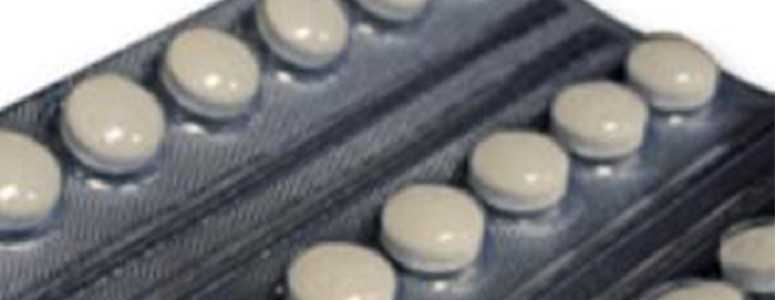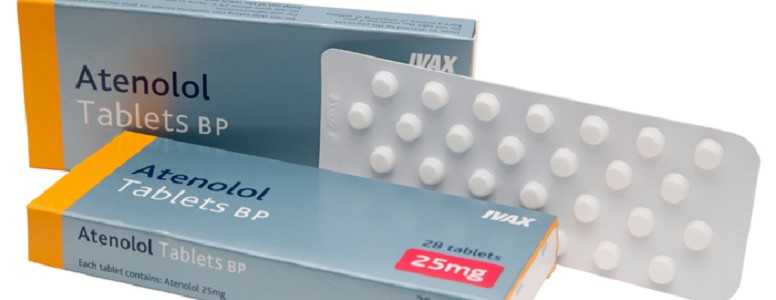The diabetes drug Actos (pioglitazone) can reduce the risk of type 2 diabetes by half among people with insulin resistance and a recent incidence of stroke or transient ischemic attack (TIA), research suggests.
Actos, which is part of the thiazolidinediones drug class, is a once-daily oral medication for people with type 2 diabetes. It works by increasing the body’s sensitivity to the insulin it produces.
In recent years, though, Actos has been linked to the development of bladder cancer in patients, and in 2014, manufacturers Takeda was fined $6b for destroying thousands of documents relating to health data about Actos.
The results of this new study formed a secondary end point of the Insulin Resistance Intervention after Stroke (IRIS) trial.
A total of 3,876 patients with insulin resistance, recent ischemic stroke or transient ischemic attack (TIA) and no diabetes were randomised either to pioglitazone or placebo.
The patients were followed for 4.8 years, with progression to type 2 diabetes observed in 3.8 per cent of the pioglitazone group, compared to 7.7 per cent in the placebo group.
As part of the primary end point, researchers found that pioglitazone reduced the risk of recurrent stroke or heart attack in people with insulin resistance and a history of stroke or transient ischemic attack (TIA) by 24 per cent.
“Pioglitazone is the first medication shown to prevent both progression to diabetes and major cardiovascular events as prespecified outcomes in a single trial,” said Dr Silvio E Inzucchi, Yale University.
Pioglitazone was associated with greater weight gain, an increased risk of bone fractures and higher rates of edema, but it didn’t increase the risk of heart failure or hospitalisation for heart failure.
Inzucchi believes these new findings justify a re-examination of the role of pioglitazone within the treatment of diabetes, and if it could be used as a primary prevention of both type 2 diabetes and stroke.
The study appears online in Diabetes Care.
What's new on the forum? ⭐️
Get our free newsletters
Stay up to date with the latest news, research and breakthroughs.







